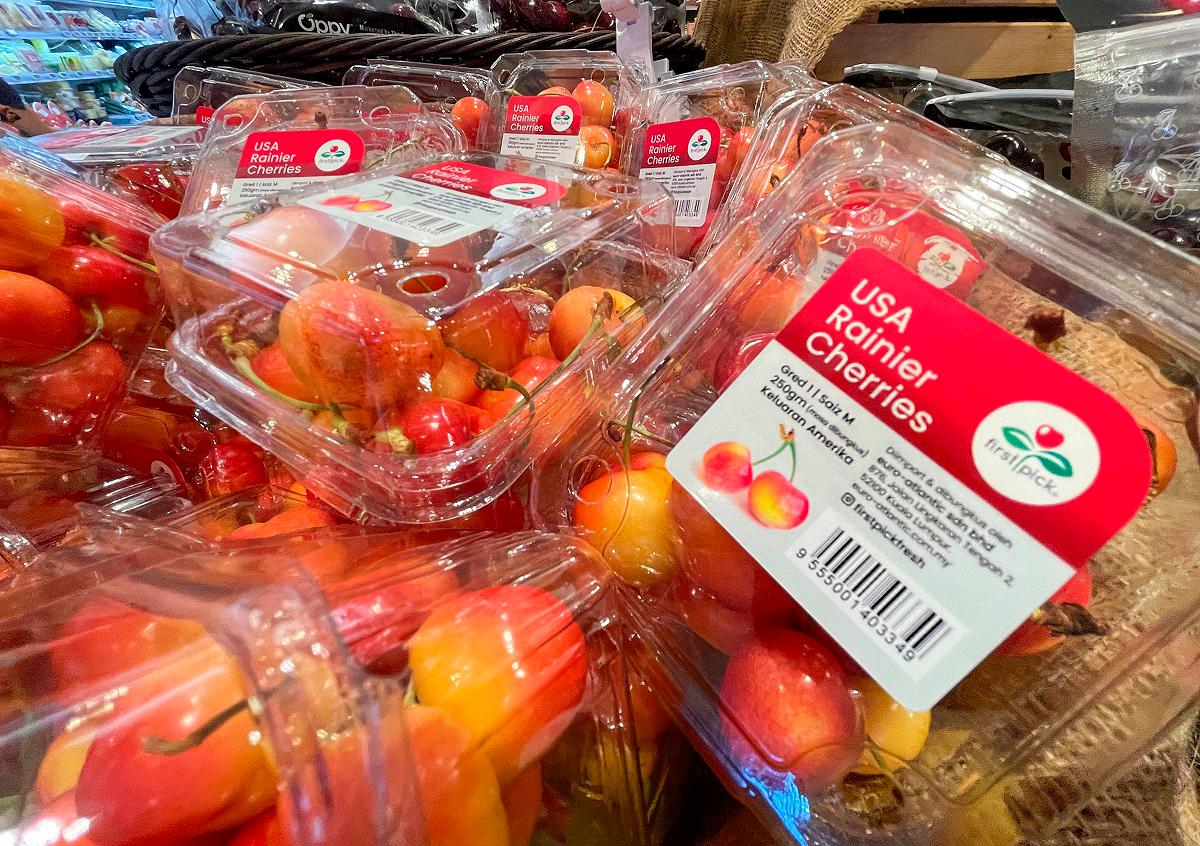PETALING JAYA: As the government moves to impose the Sales and Service Tax (SST) on most imported fruits, questions are being raised about Malaysia’s heavy reliance on foreign produce and whether the country should ramp up efforts to grow popular fruits like apples and oranges locally.
While going fully self-sufficient may be unrealistic in the near term, agricultural experts believe Malaysia can make meaningful strides through technology-driven farming, particularly by cultivating select temperate fruits under controlled environments.
Universiti Teknologi Mara (UiTM) Sarawak Studies for Plantation and Agrotechnology head Prof Dr Abdul Rahman Salli said the SST move is a timely wake-up call for Malaysia to rethink its food security strategy by exploring the potential of growing more of what it imports.
“Yes, Malaysia should explore local cultivation of temperate fruits, especially in response to the SST on imports and the need for food self-sufficiency,” he said.
“Technological advances like indoor and controlled-environment farming make this feasible. However, rising temperatures in highland areas and the high resource demands of such systems pose challenges.”
He cautioned that efforts to cultivate temperate fruits must not compromise the country’s core food priorities.
“Malaysia must prioritise basic food production first. Temperate fruit farming should be pursued as a complementary niche effort, not at the expense of core food security goals.”
Abdul Rahman said various pilot projects over the years have proven it is technically possible to grow
non-native fruits such as strawberries, apples and berries in highland areas including Cameron Highlands, Kundasang and Ba’Kelalan.
“Research by the Malaysian Agricultural Research and Development Institute, universities and private farms supports this potential,” he said.
“But climate change is real – rising temperatures in these areas make controlled-environment farming more necessary, but also more costly.”
To overcome Malaysia’s tropical climate and soil conditions, he said farmers can turn to agrotechnology such as greenhouses, soilless systems, smart sensors and
heat-tolerant rootstocks.
“These technologies help simulate temperate conditions and optimise resource use, but they require significant investment, technical know-how and ongoing support.”
From a sustainability standpoint, Abdul Rahman said any future expansion must include energy-efficient systems, water-saving technologies and emission-reducing practices to ensure alignment with climate-smart agriculture principles.
Sharing similar views, UiTM Jasin Faculty of Plantation and Agrotechnology dean Assoc Prof
Dr Shamsiah Abdullah said innovations such as greenhouses, hydroponics and plant breeding could help Malaysia gradually build capacity to grow temperate crops.
“To introduce new fruit crops, methods such as controlled environments and plant breeding can help make this feasible,” she said.
“Of course, it depends on cost, market demand and sustainability. We may not replace all imports but we can aim to boost local production in certain areas. It’s worth exploring, especially with the new SST.”
On the scientific front, Shamsiah said breeding techniques and biotechnology are increasingly being explored to adapt fruits like grapes and strawberries to Malaysia’s tropical conditions.
She added that while large-scale breeding programmes for apples are not yet in place, interest in this area is growing among research institutions.
“Several approaches can support this adaptation, including rootstock selection, grafting, marker-assisted breeding, mutation breeding and tissue culture,” she said.
“These are actively discussed in research stations and universities focused on crop diversification.”
However, she acknowledged that significant scientific and technical hurdles remain.
“Key challenges include climate suitability, pest and disease pressures, soil and water management and the high costs of controlled-environment systems.”
Shamsiah stressed that to reduce its reliance on imported fruits, Malaysia must invest more in plant biotechnology research and the commercialisation of homegrown solutions.
“Food security isn’t just about rice or basic staples. It also includes fruits and other horticultural crops. Investing in local R&D will help Malaysia become more resilient to global supply chain disruptions, price shocks and climate change.”









